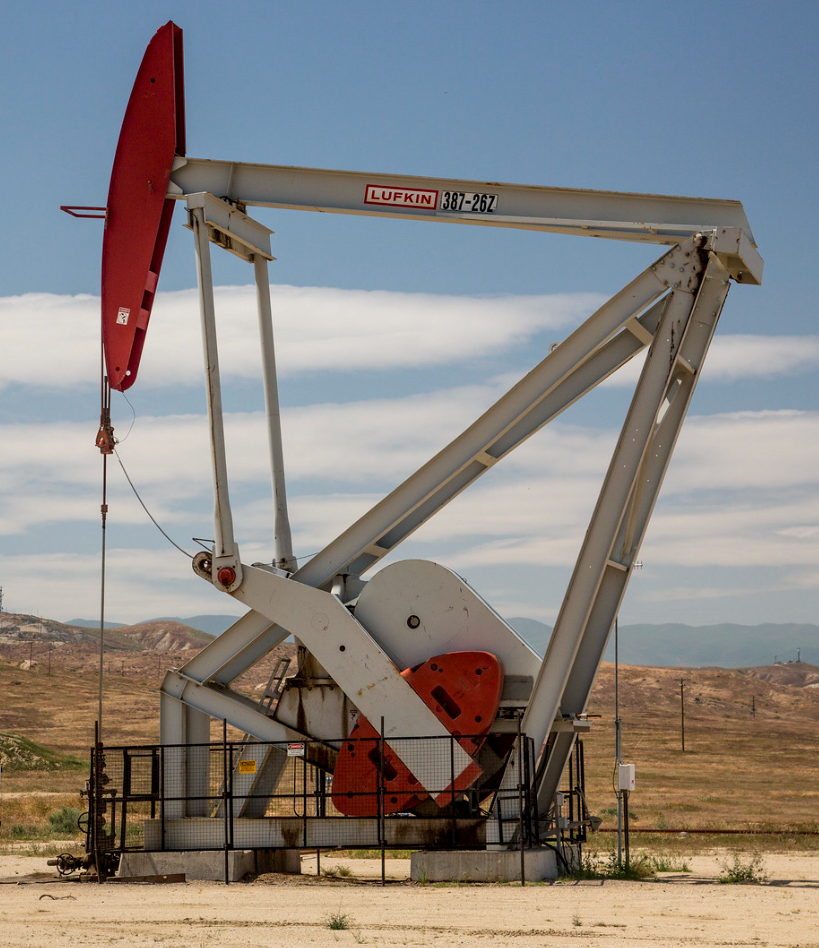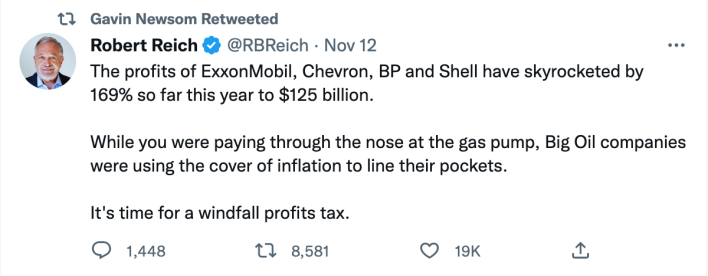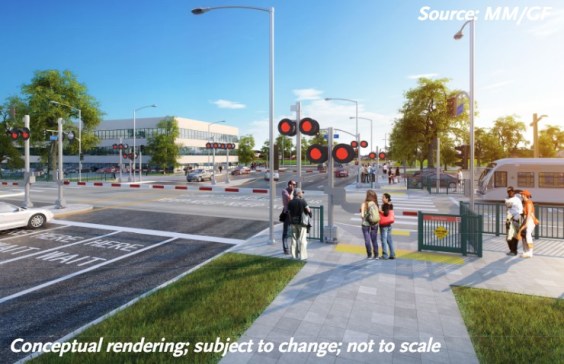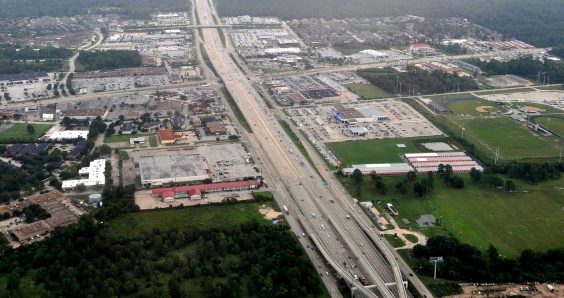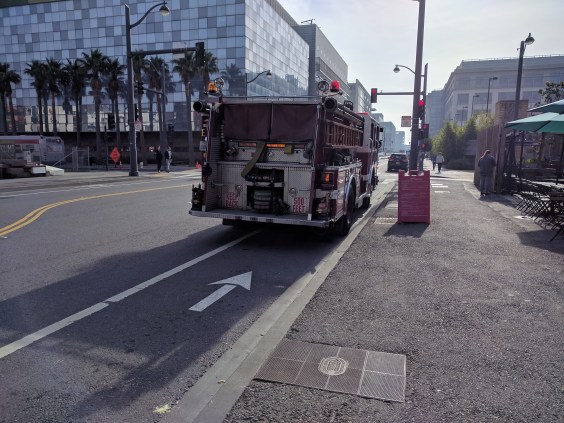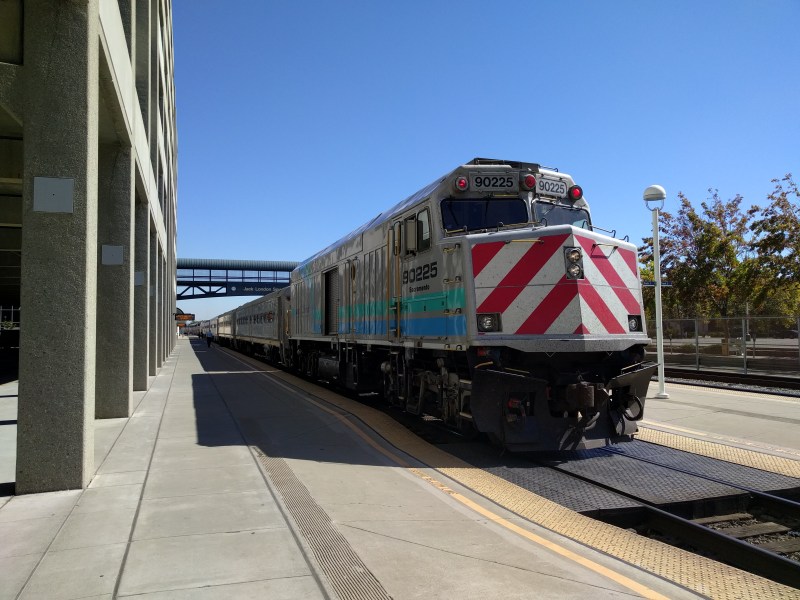Governor Gavin Newsom has called for a special session of the California Legislature starting on December 5 to consider a special tax on "windfall" profits earned by the oil and gas industry over the past year. Newsom claims that the industry has been increasing prices unfairly and blaming the surge in prices on inflation and environmental regulations even as it brought in record profits. As of this writing, Newsom has not unveiled a detailed plan for the legislature to debate.
“As Californians were getting ripped off at the pump, big oil companies like Exxon were making record profits – literally the most ever in a single quarter," said Newsom in a statement when the special session was announced. "Oil companies said high prices were because of war, state taxes, and maintenance, but now we know that was all a façade – these high prices went straight to their bottom line. It could not be more clear that a price gouging penalty is needed to hold big oil accountable and put those profits in the pockets of Californians."
Newsom went into some depth in the announcement, giving specific profits for specific companies in the third quarter of the calendar year.
"From July to September alone, Exxon and Chevron reported Q3 profits of $30.9 billion, all while Californians were paying higher gas prices despite the cost of crude oil being down. For Exxon, the $19.7 billion is the highest quarterly profits in its history, while Chevron’s $11.2 billion were its second-highest in history.
This follows Valero’s $2.82 billion in profits that were 500 percent higher than the year before, PBF Energy’s $1.06 billion that was 1700 percent higher than the year before, and Shell’s $9.45 billion haul that sent $4 billion to shareholders for stock buybacks."
The case is clear, the villain is obvious (is there a better villain than the oil industry?) and a solution is proposed: taxing the industries profits above a certain level. At the same time Newsom is retweeting economists calling for a windfall tax on oil industries, California's legislators, the people that will vote on either Newsom's plan or a replacement plan, are attending global warming conferences and riding and studying high-speed rail in Japan.
And yet, experts and history are still urging caution.
For starters, a tax similar to this has never been tried at the state level meaning that any new tax will be a precedent. And whenever a state tries something new, lawsuits are quick to follow. Second, the Times of San Diego reached out to a handful of experts on taxation and energy policy and they found two stories that are similar to what Newsom may be proposing. The taxes have mixed results.
In 2006, Alaska passed a tax on oil production, the proceeds of which helped offset high gas prices for residents in the state. This led to decreased oil production in Alaska, a side effect that Newsom likely would not object to in California, and there is certainly a difference between a production tax and a profits tax. The tax has brought in billions in revenue that has led to Alaskans receiving $1,200 annually.
In 1980, the federal government passed a tax aimed at "windfall" profits from the oil and gas industry. The tax was not a tax on profits, but a system of excise taxes on oil. The tax was repealed in 1988 as it again saw a reduction in oil and gas production and it brought in around $80 billion, or roughly 20 percent of what was expected.
If the goal is to reduce the cost of gasoline at the pump as Newsom says, the math is tricky for a state dealing with multinational corporations. Set the tax too high, and they may bring in gasoline from other divisions outside of California's purview. Set it too low, and the change may not be enough to bring significant change to the cost of gasoline.
Unlike the federal government when it does December sessions, the legislature that will be convening will be the newly elected legislature not a lame-duck one. CalMatters reports that the new legislature is the most diverse one in California's history with more women and fewer Caucasians. However, the much publicized change in leadership positions won't take place until the summer. As part of a succession deal between current Assembly Speaker Anthony Rendon and future Speaker Robert Rivas, Rivas won't ascend to the speakership until this summer.
High gas prices are anathema to elected officials, and a significant burden to working class drivers. While few Californians would admit to supporting paying more at the pump, high fuel prices can work in favor of the state's environmental goals, including addressing the climate crisis.
At this point, the Governor and legislature won't be advancing climate goals by making Californians pay the true high cost of driving, but, if they do pass an oil windfall profit tax, then the revenues could be invested in providing Californians a wider range of transportation options. Investing in transit (including programs like student transit passes), active transportation, and high-speed rail would help usher in an era when many of the state's residents wouldn't feel the need to drive for every trip.
